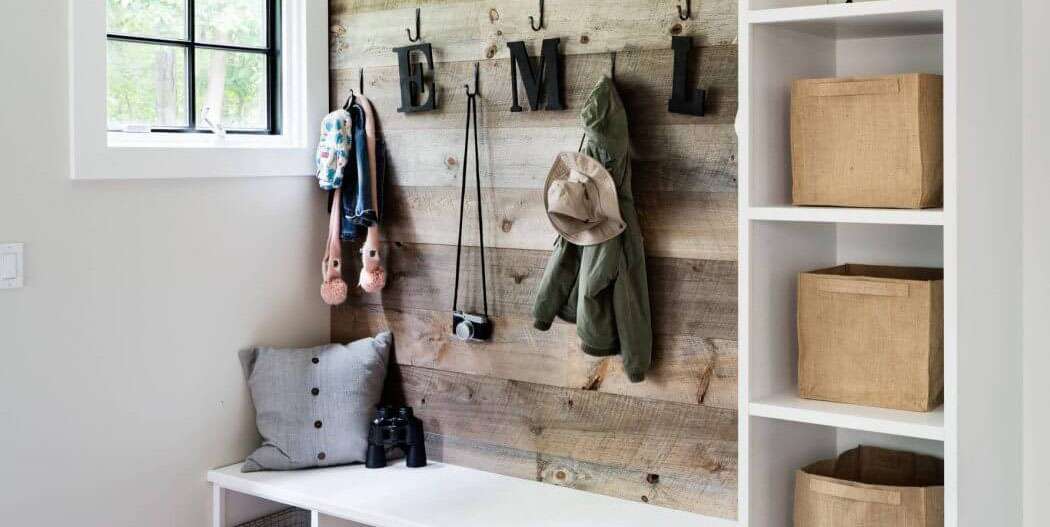When it comes to home improvement, DIY is more popular than ever. There’s just something satisfying about improving your home with your own two hands and being able to enjoy the fruits of your labor, day after day. However, home improvement projects can be expensive, and many people shy away from tackling home improvements they know they would enjoy because of their skill level or the fear of high costs.
This doesn’t have to be the case. While some projects — like a complete bathroom remodel — are going to be expensive, other DIY projects can be tackled in an economical and enjoyable way. These projects may include repainting a room, installing a new ceiling fan or replacing old, damaged baseboards. The limit is your imagination, so look around your house to see what home improvements could enhance your home and then apply these tips for an affordable and rewarding experience.
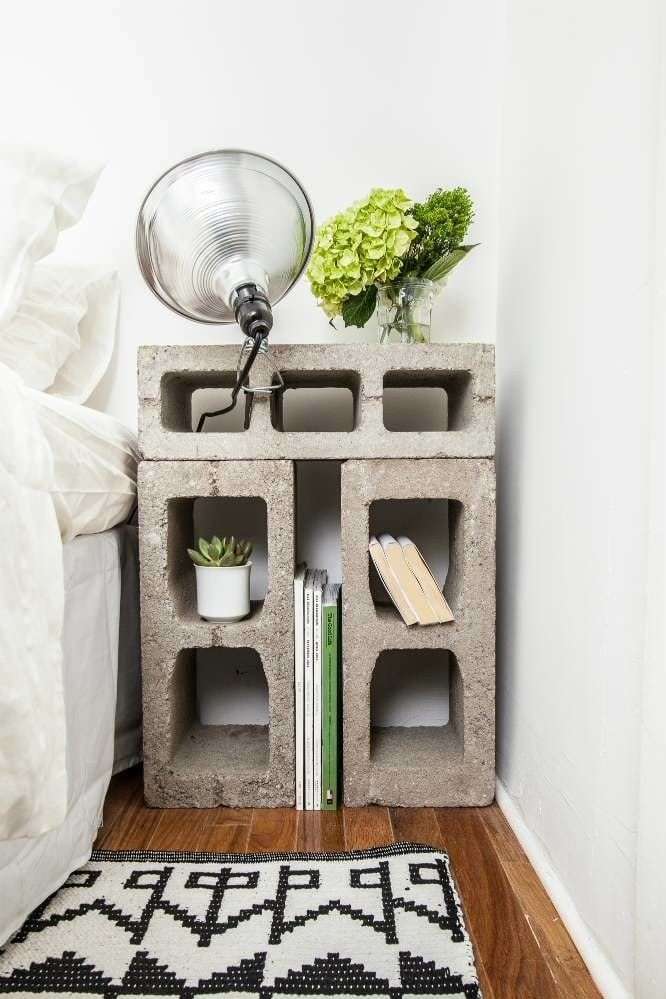
1. Find your motivation. The most rewarding DIY projects are those that satisfy a real need in your home and those you’ll use or see every day. Whether it’s to spruce up a room’s appearance, enhance its usability, repair existing damage or another project that may increase your home’s resale value, select one that will be meaningful. Find out where your motivations lie and choose a project that satisfies the goal. You’ll put more effort into the project and be happier with the result.
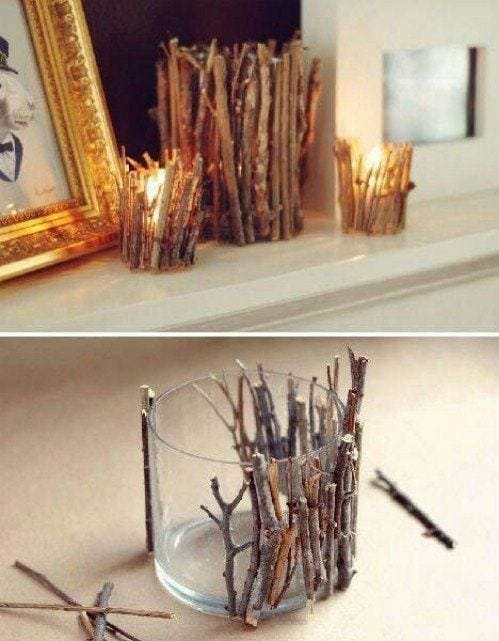
2. Know your limits. The “do” in “do it yourself” varies tremendously based on who you are and the skills you possess. If you’re a licensed contractor, your ability to “do” is probably quite high. But for most people, focus on projects you know you can handle. If you’re unsure, surf the web for a how-to video on your chosen project and watch it closely to see if it matches your capabilities. Tackling a project you can handle on your own will protect you from calling in a contractor last minute and incurring unexpected expenses.
3. Turn loose coins into value. You have more money lying around your home to support your DIY project than you may think — and it’s nestled in that jar of coins you keep on the dresser, under the couch cushions or hiding on the closet floor. The average home has an estimated $42.92 in unused loose change, according to data from Coinstar. That’s money that could easily be turned into a couple cans of paint or tools for your next project. So collect your coins and =put your money toward that DIY project.
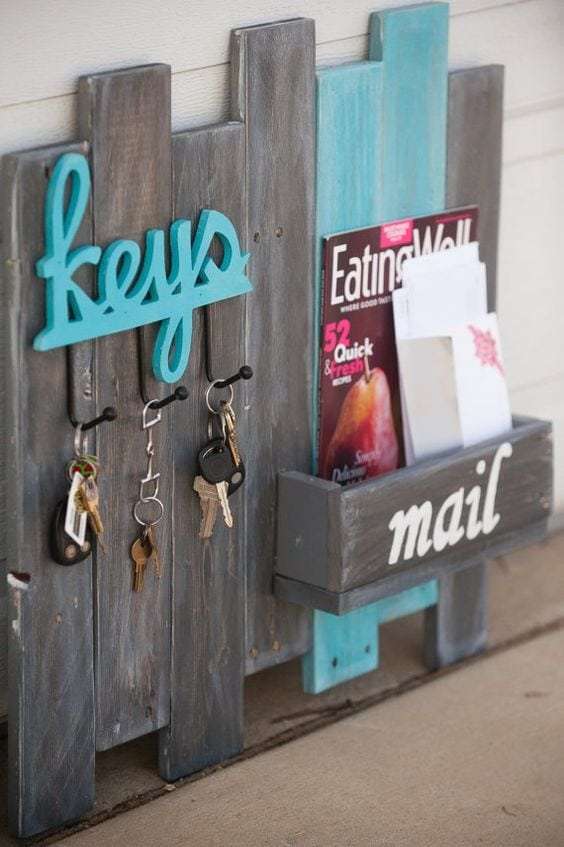
4. Make it a family affair. Turn your DIY project into lasting memories by including your children in the work. Assign them tasks you know they can accomplish. Ask younger kids to sort supplies or carry lightweight materials, while older children can be tasked with painting large spaces or performing simple hammering tasks. Work closely with your kids and celebrate their victories at the project’s end. You’ll find that your little helpers may even be eager to sign up for your next DIY undertaking.
5. Take pics to record your accomplishment. Your DIY project will spawn many memories, so take pictures to capture them all. Before-and-after pictures can be a fun way to see how your project improved your home, and while you’re at it, why not brag a little by posting photos of your accomplishments online. And don’t forget to take pictures throughout the process as well. Your entire family will enjoy looking back at the progression years down the road.
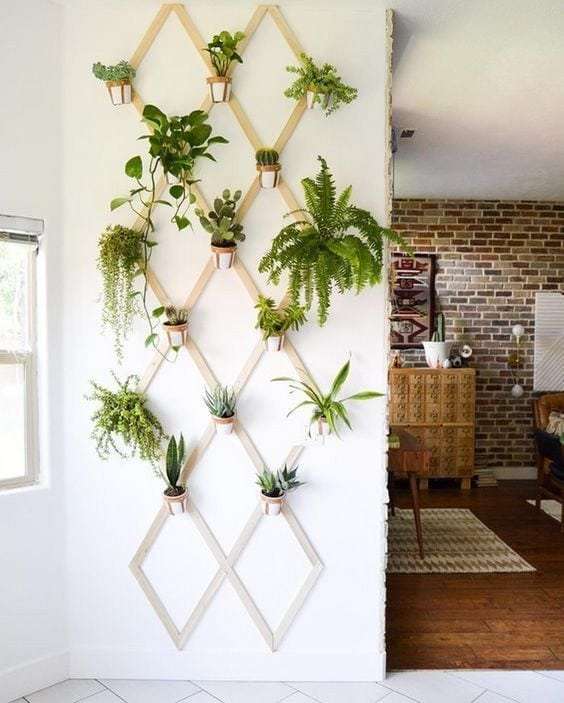
To learn more about how Brown Interiors can help you find the cash you need for your next DIY project, visit https://www.browninteriors.com/
